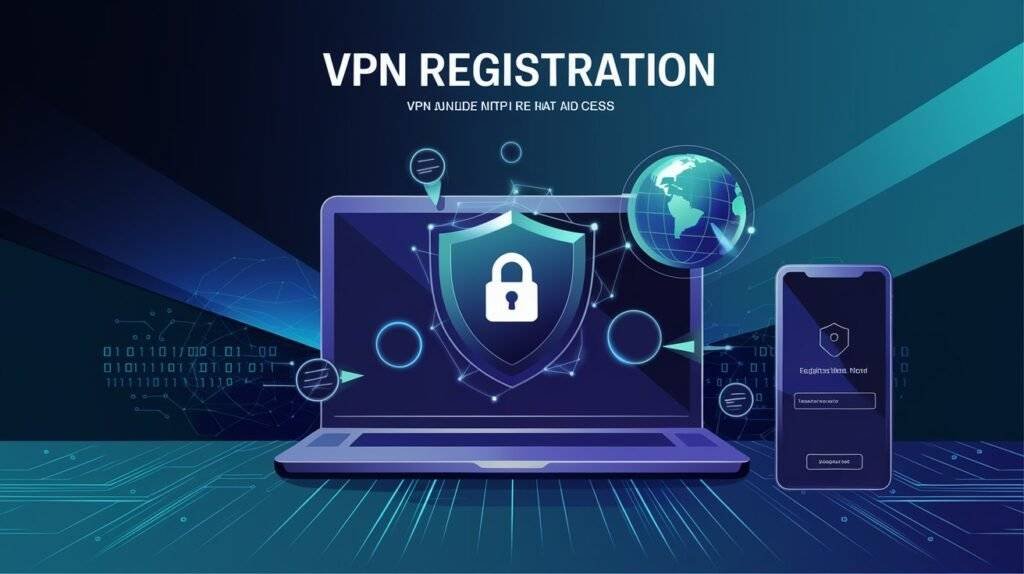
The VPN registration process in Pakistan requires individuals and companies to create an account and provide specific information. Companies must have registered taxpayer status, while individuals—including freelancers—are required to submit verifiable data.
While the process itself is relatively straightforward, certain requirements, such as obtaining a static IP address, have raised concerns. These requirements divide users into individuals, companies, and freelancers, each facing unique challenges.
The Role of Static IPs in Registration
One key requirement of the VPN registration process is a static IP address. Static IPs, which remain fixed and identifiable, are essential for secure server access. However, they are costly, limited in supply, and involve additional fees billed in foreign currency.
Freelancers, in particular, find this requirement challenging. Many work from various locations, rely on dynamic IPs, or frequently switch ISPs due to unstable internet connections in Pakistan. The static IP requirement restricts their flexibility and adds to operational costs.
Implications for Freelancers and IT Companies
Freelancers working on short-term contracts or with international clients face hurdles in verifying their VPN usage. Verification letters are often required from clients, which may not always be feasible. For freelancers operating independently, this creates a significant barrier to compliance.
IT companies face their own set of challenges. While they can manage the registration process for long-term employees, the requirement to disclose sensitive server information to regulators poses a threat to data privacy. Additionally, companies employing remote workers or freelancers must navigate the added complexities of registering multiple VPN connections.
Broader Concerns: Privacy and Accessibility
The VPN registration process has sparked concerns about data privacy and accessibility. VPNs are primarily used to secure data and protect users from external threats. However, disclosing server and IP information to regulators compromises this security, leaving sensitive operations vulnerable.
Internet connectivity in Pakistan is another issue. Frequent outages compel users to switch between multiple ISPs, but the static IP requirement ties VPN users to a single ISP and location. This undermines the flexibility needed for consistent internet access and remote work.
Industry Feedback and Future Outlook
Feedback from users indicates that while the registration process is slow, it is manageable for companies with permanent employees. However, freelancers, small businesses, and those working on short-term contracts struggle to meet the requirements.
The policy’s implications extend beyond registration. The additional costs, operational hurdles, and privacy concerns may harm Pakistan’s global reputation as a freelance and IT outsourcing hub. Lost contracts and reduced competitiveness are likely outcomes if the policy remains unchanged.
Final Thoughts
The VPN registration process in Pakistan underscores key challenges related to privacy, accessibility, and the operational needs of diverse users. While the policy aims to enhance oversight, its rigid requirements risk alienating freelancers and IT companies, two critical pillars of Pakistan’s digital economy.
Adjustments to the policy are essential to balance regulatory needs with the practical challenges faced by users. The outcome of this process will play a pivotal role in shaping the future of Pakistan’s internet landscape and its position in the global economy.
Leave a Reply